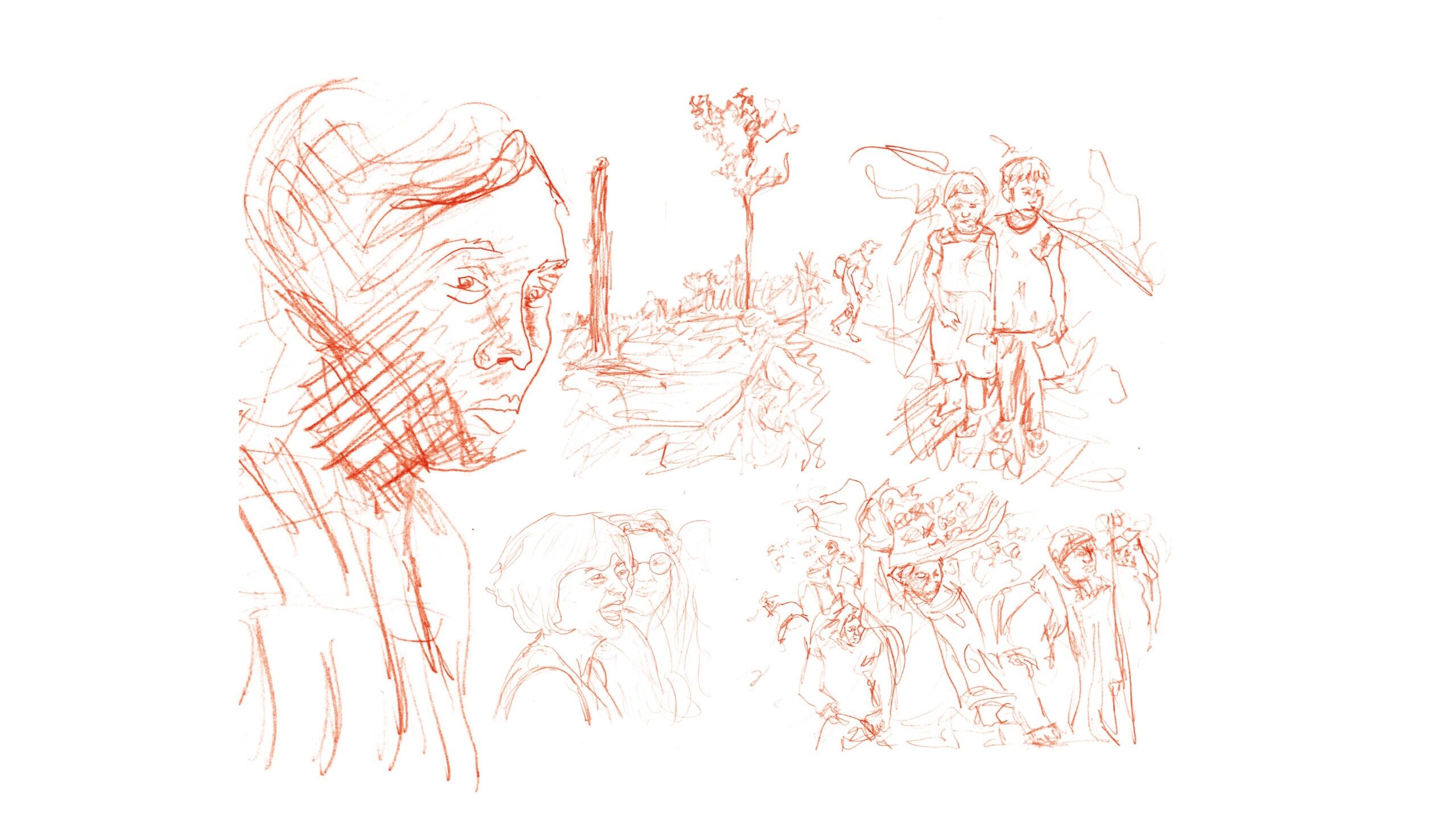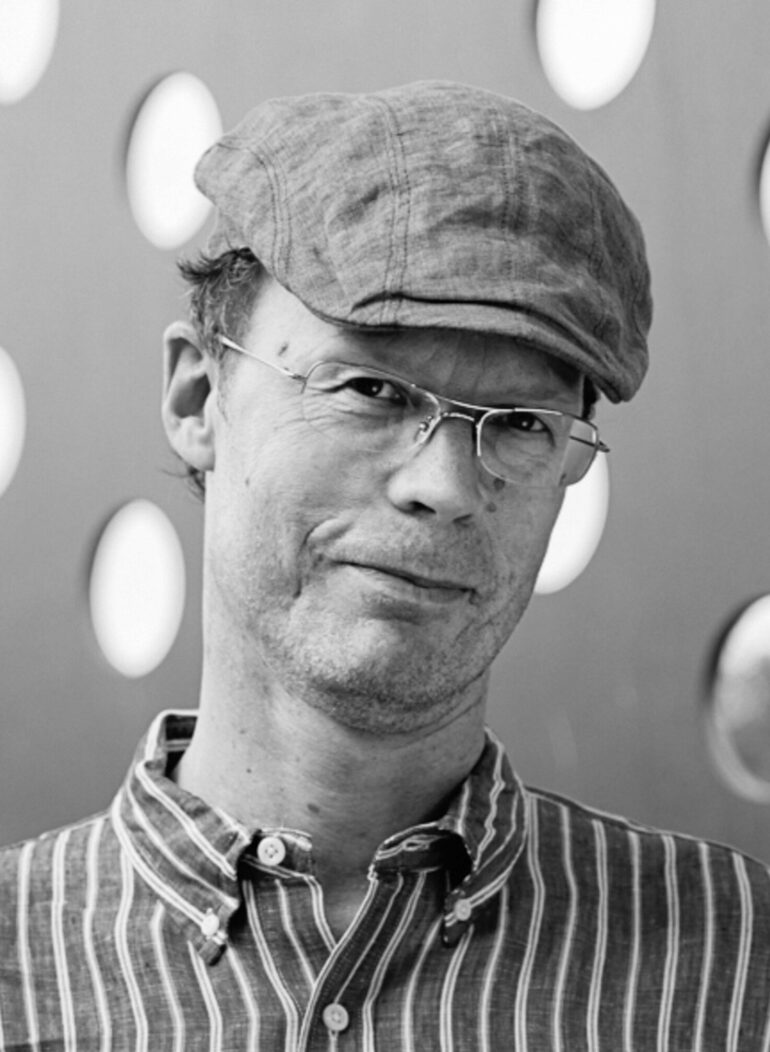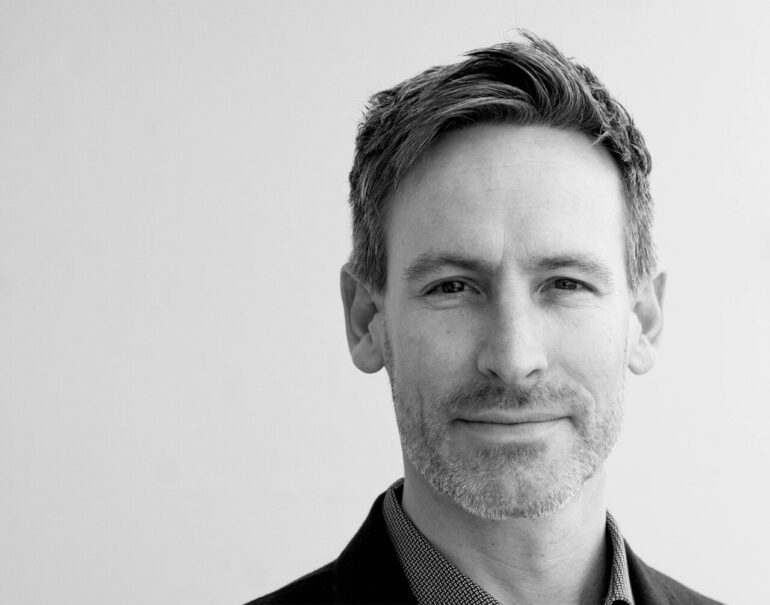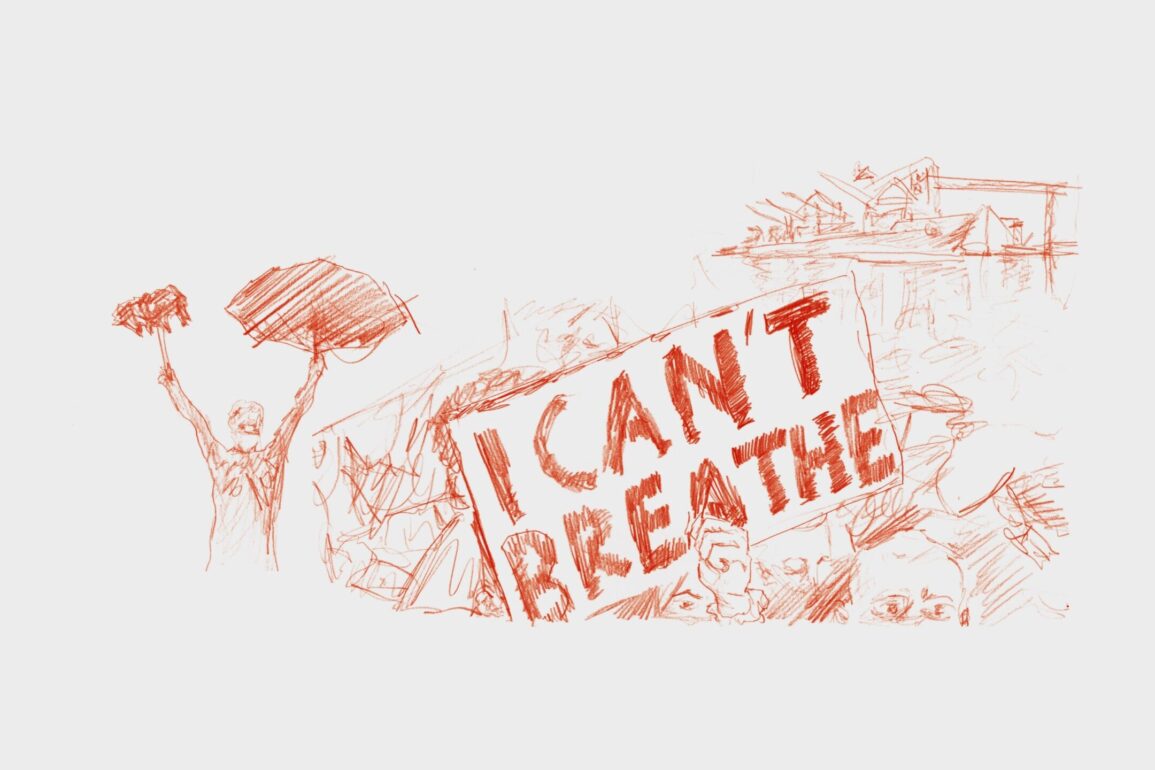Wherever there is good, bad isn’t too far away. The philanthropic sector has stepped in here, too, as demonstrated by organisations working to protect the interests of those who have lost out under our world order.
‘Wherever there are winners, there are losers,’ says Oliver Classen, media spokesperson at Public Eye. This association has been uncovering human rights violations and ecological destruction around the globe since 1968. On one condition: the issue in question needs to have originated in Switzerland. Public Eye aims to create a fairer world that will be in a fit state for generations to come. It focuses primarily on companies based between Geneva and Lake Constance, but Public Eye aims to have a deeper impact, too. The association, formerly the ‘Erklärung von Bern’ (or ‘Bern Declaration’), wants to highlight the structures that underlie certain instances of abuse. It is not seeking to combat the symptoms, but rather to uncover the causes. How are global financial flows organised? How do profits make their way to Switzerland? How do the costs of ecological destruction continue to have an impact on the location in question? ‘There are business models that use and cement imbalances of power. And the biggest scandal is often that there’s no scandal at all,’ says Oliver Classen. ‘Our society has got used to this manifest evil: we want to use our work to resensitise people to it.’ If you ask uncomfortable questions like these, you run the risk of receiving uncomfortable [OC1] answers. Our society itself comes under fire.

Lines that cannot be crossed
Amnesty International also asks uncomfortable questions, with fundamental values of central importance to its work. It deliberately avoids shying away from unpopular topics. ‘We don’t doubt that some of our campaigns aren’t going to make us any friends,’ says Beat Gerber, a spokesperson for Amnesty Switzerland. ‘Often, they don’t conform to the prevailing opinion.’ However, a society needs to respect those lines that cannot be crossed. In other words, fundamental rights need to be upheld, even within the war on terror, for example. ‘Our work is always guided by the vision that human rights apply to everyone – no matter where, no matter when,’ he says. Amnesty uncovers instances of misconduct by authorities and governments. The systematic work carried out by the non-profit organisation helps bring about changes in the way people think, and it is partly down to them that 142 countries have banned the death penalty. Similarly, torture is now frowned upon around the world – due largely to the resolute efforts on the part of Amnesty International. ‘A key sign of this success is that even unjust regimes state that they do not engage in torture,’ says Beat Gerber. Amnesty’s attempts to make people aware of instances of abuse also include more recent topics, such as sexual violence towards women and girls, discrimination or the violation of refugees’ rights. Climate change, too, is part of this. Society and the world of politics are becoming aware that existential values are at play here, a development Oliver Classen is also aware of. No matter whether under the banner of Black Lives Matter, the Women’s Strike or the climate movement, increasing numbers of people are taking to the streets. He thinks this is especially surprising in Switzerland. After all, in direct democracy, people regularly have the opportunity to put their opinion across at the ballot box. But it seems that’s no longer enough. ‘Our era has been shaped by multiple crises for a long time,’ he states. ‘And these crises, in turn, are caused by multiple factors. They give rise to a new awareness of injustice.’ Public Eye has been highlighting the underlying problems with globalisation for years. This issue made its way into the mainstream with the Responsible Business Initiative, if not before. And would it already be able to gain majority backing? For Oliver Classen, one thing is clear, at least: ‘It’s our generation that need to fix it. We need to turn things around.’ Classen is experiencing at first hand how the acceptance and relevance of their work is changing. ‘Today, we’ve received enquiries from corporate lawyers interested in a job with us. And we get major companies asking if we can comment on their sustainability reports,’ says Oliver Classen. However, there is no question of Public Eye collaborating with companies. ‘Total independence is our most precious asset.’


Oliver Classen, media spokesperson at Public Eye (above), and Beat Gerber from Amnesty International (right). | Photos: zVg
Independent and credible
Both Public Eye and Amnesty Switzerland are primarily financed through membership contributions and donations. Support from foundations, often on a project-by-project basis, also helps them remain independent from nations and companies. In turn, this guarantees credibility – which is essential. Independent information is critically important, and facts are what ensure that the message gets across. ‘We invest a great deal in research,’ says Beat Gerber. Documentation is one of the organisation’s key tasks. Information enables it to bring hidden injustices to the public’s attention and maintain awareness of them. In this way, Amnesty International has been able to free and save thousands of people since it was founded in 1961. For this to work, you need to teach both knowledge and skills. Beat Gerber: ‘As an organisation, we have eight million members. We work with the people on the ground and aim to put them in a position where they can pile on the pressure themselves.’ Human rights activists receive death threats on a fairly frequent basis, but this response is also proof that their activities are hitting a nerve.


